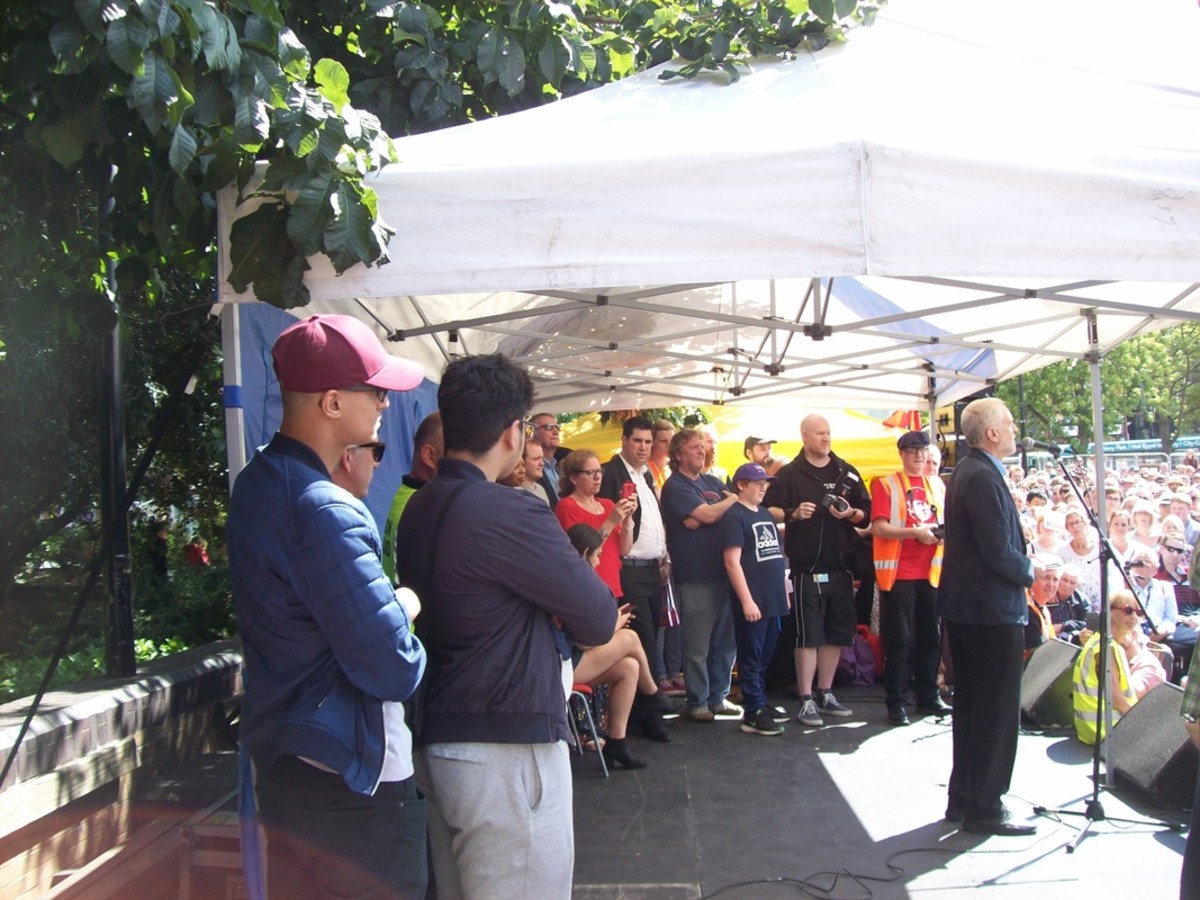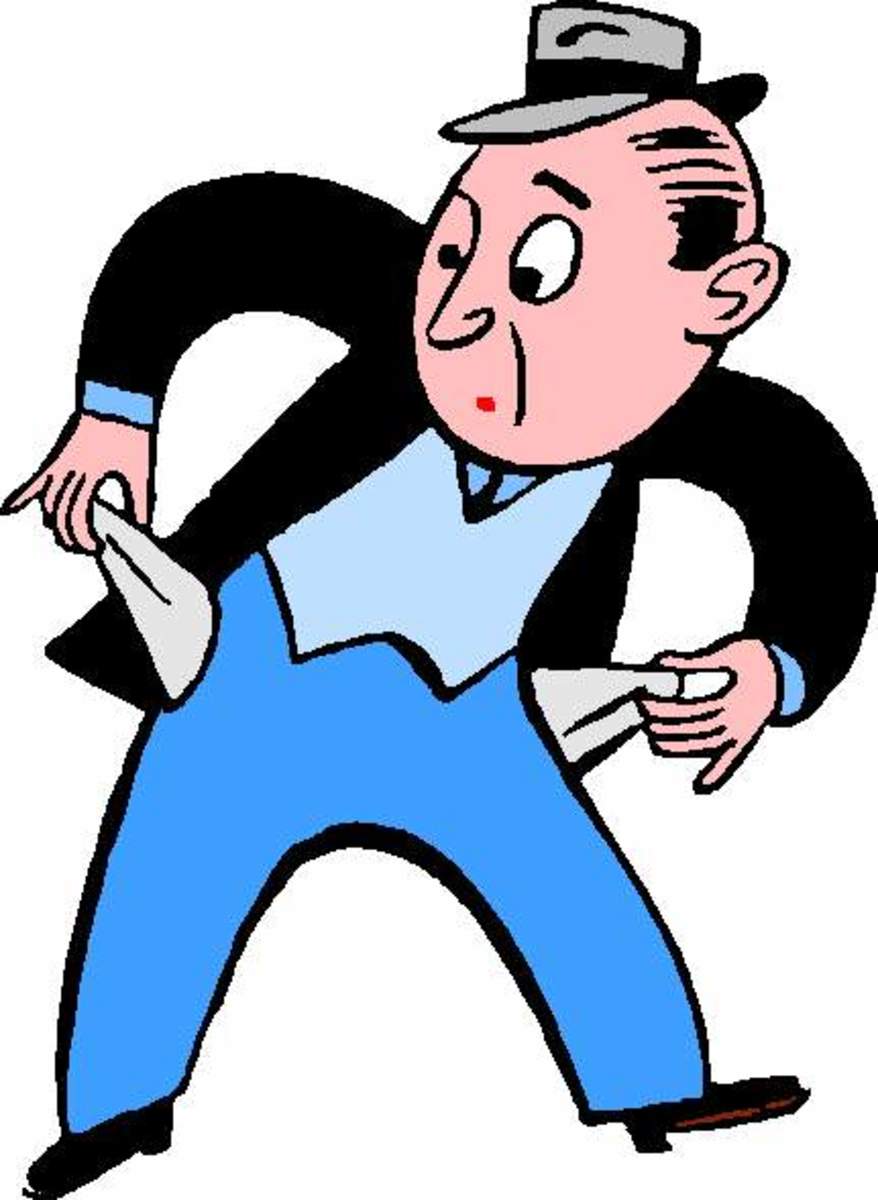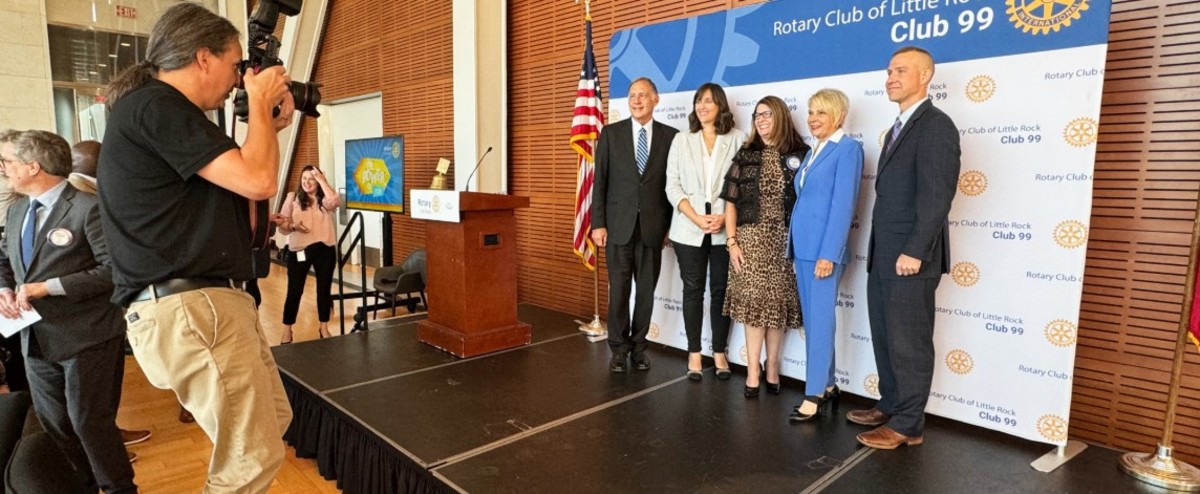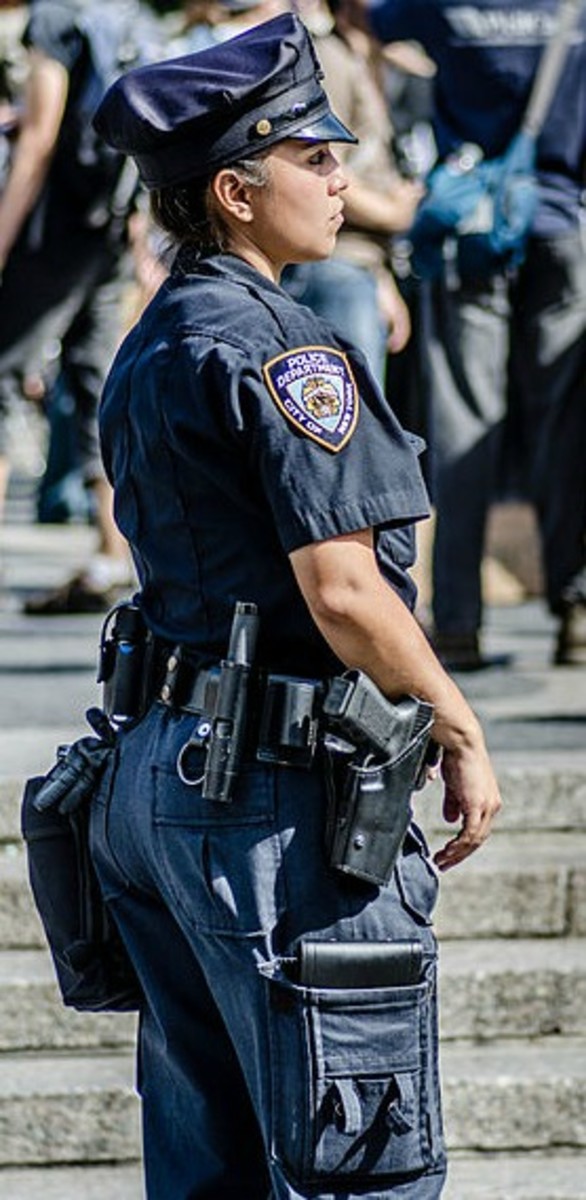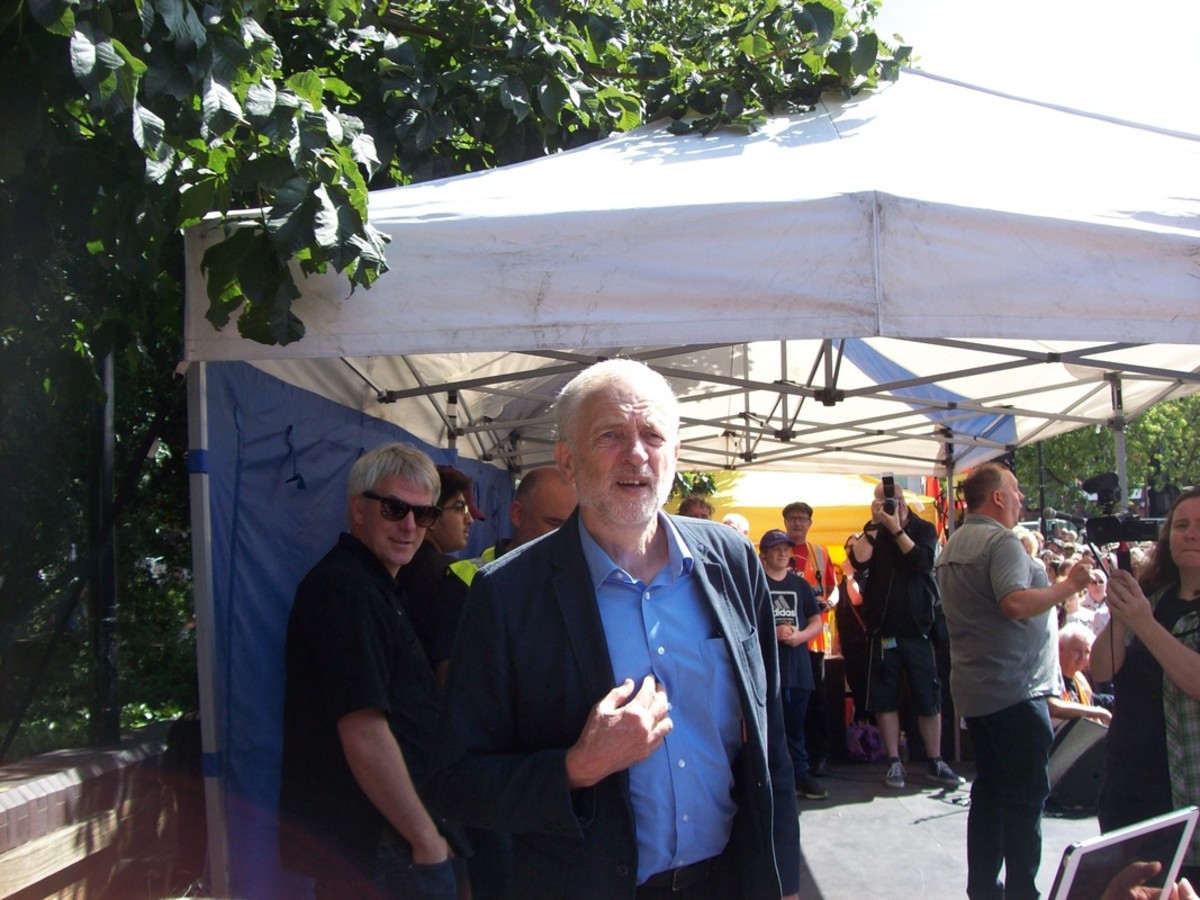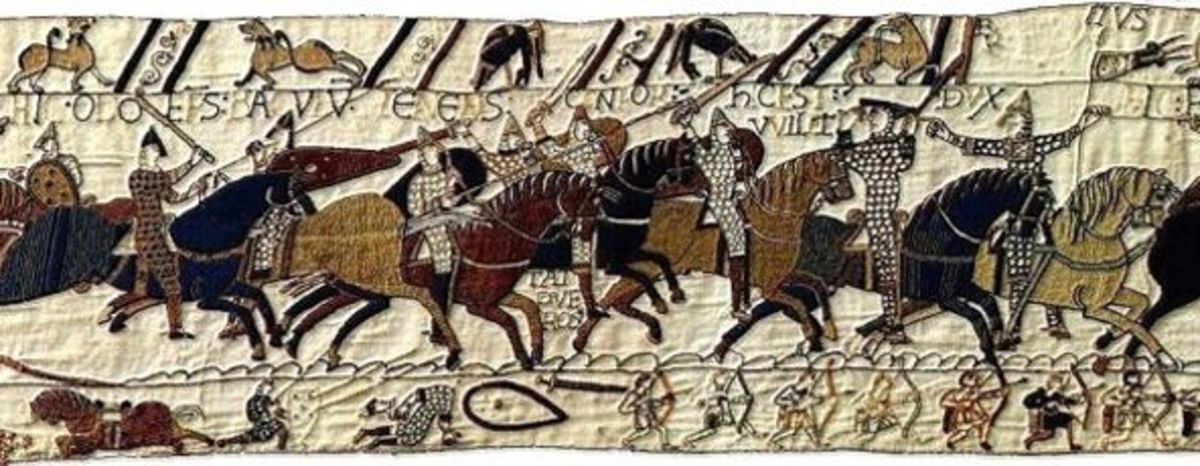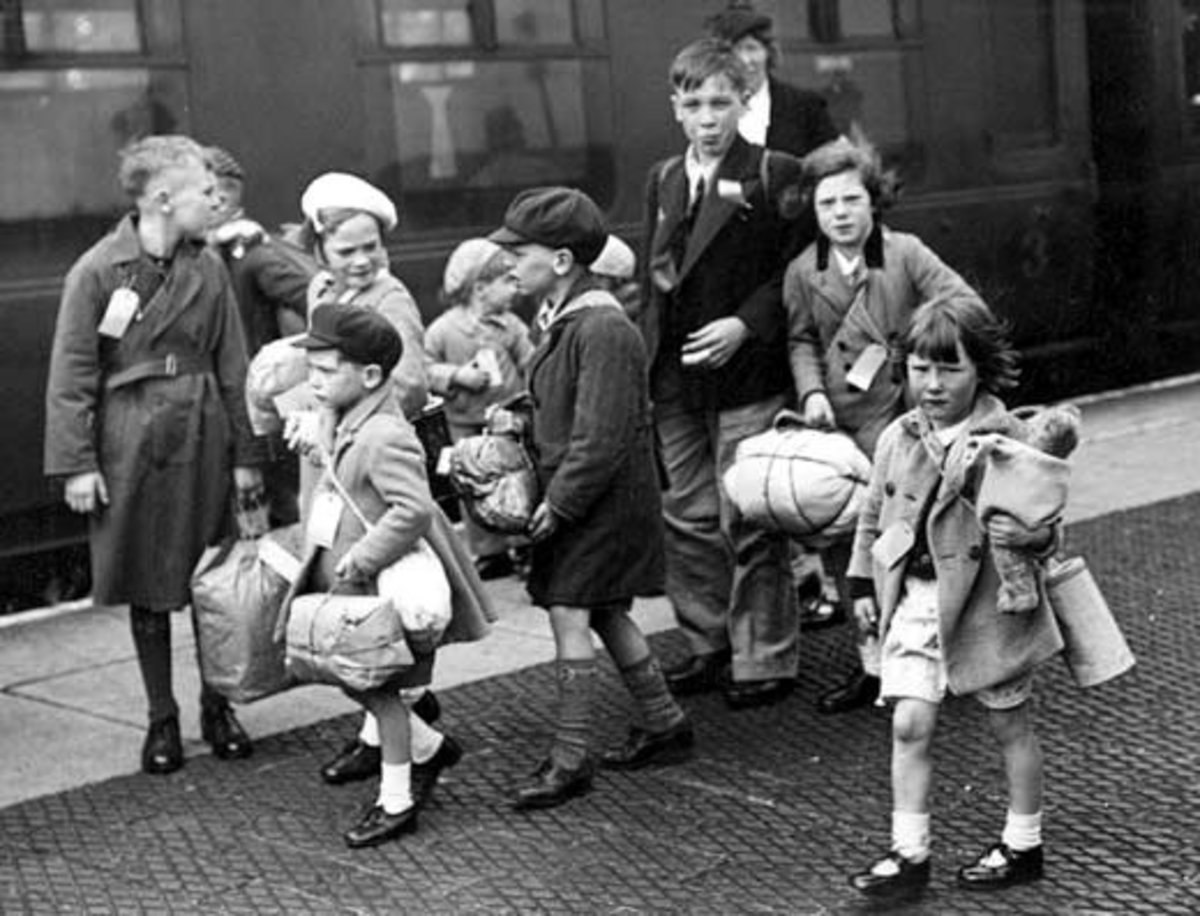All Women Shortlists
Women in Parliament
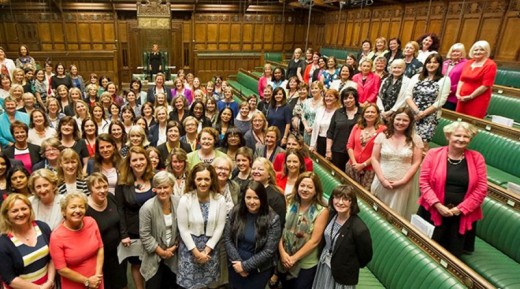
Positive Discrimination
Positive discrimination has been around for years.
In an effort to address racial and gender imbalances in the workplace some employers began a program of positive discrimination.
This would mean if two or more people fit the job description and requirements a woman would be employed rather than a man, a person of colour rather than a white person and a person with disabilities rather an able-bodied job applicant.
The thinking is offering a helping hand to those from any group of people which suffer discrimination.
This had and still has obvious pros and cons.
A.W.S. or All Women Shortlists
Currently in the U.K. the Labour Party operates all women shortlists in some constituencies and wards for national and local council elections.
For too many years Westminster and the Houses of Parliament in London were packed to the rafters with male Members of Parliament. Few women had a chance of being elected as they fell at the first hurdle, getting selected as a political candidate.
In order to address this a policy of all women shortlists began in the Labour Party in the early 1990s.
This has increased the number of women elected as M.P.s and local councillors but is it undemocratic?
Personal Experience
As a member of the Labour Party I attended a local candidate selection meeting in 2018
It was a strange affair.
Selecting our local candidates had been put on hold as we had been identified as an A.W.S ward. With all out local elections in 2018 wards such as where I live had to select three candidates. Other wards were selecting one, two or three candidates also. Our problem was a lack of female candidates.
There were some women standing for election but they had already been selected for other wards.
We could not hold our selection meeting unless we had the correct minimum number of female applicants.
We were to elect two female candidates but it was proving tricky. Ultimately we were allowed to select just one female candidate.
The selection process was rather confusing because of A.W.S.
The rules regarding A.W.S. selection muddy the waters.
Ultimately as our selection process was delayed our candidates had less time to campaign than others across the city.
There has to be a better way.
Are A.W.S. Democratic and Fair?
For me A.W.S are unfair.
They not only stack the odds in favour of women candidates they sometimes result in the best person for the job losing out.
The way these shortlists are managed means it is not two or more people equally fit for purpose and the woman winning. If one or two of the candidates must be women they do not compete against men but simply stand against each other.
The unsuccessful females then stand again against the man or men.
Surely It’s Still Men Running The Show?
Perhaps it is just me but I balk at the idea that men have decided to patronize women and create all women shortlists.
It means too many women will be accused of an easy ride into the role and may never be given due credit.
It also means some men push wives, girlfriends or female friends to stand for election so that they can be behind the scenes pulling the strings.
The woman is just symbolic.
Have All Women Shortlists Worked?
Even in the early 1990s parliament was mainly male with less than 10% women.
Consequentially at the 1993 Labour Party conference All Women Shortlists were introduced.
However do not applaud that for its equality as there was another reason.
Labour research into polling had indicated women were less likely to vote Labour than men and A.W.S. was therefore a campaign tool.
When New Labour under the leadership of Tony Blair won a landslide general election victory in 1997 they did so with many of their candidates female.
It was not plain sailing however.
Challenges by men who were excluded from the selection process simply on a gender basis followed.
An industrial tribunal found that the Party had breached the Sex Discrimination Act of 1975. The Labour Party shelved All Women Shortlists but did not bin the idea.
In government Labour introduced the Sex Discrimination (Election Candidates) Act in 2002.
This was to be a temporary measure until the gender imbalance in parliament was addressed but it was extended to run to 2030 back in 2010.
Few political parties in the U.K. however operate All Women Shortlists.
Current State of Play
There are a record number of women in parliament in the U.K. but the odds are still stacked in the favour of men. Currently the country has a female Prime Minister, Mrs May, but she represents the Tory party which does not actively support A.W.S.
Women in Parliament and Government
Published Friday, July 20, 2018
A record 208 women M.P.s were elected to the House of Commons at General Election 2017, a record high of 32%. As of January 2018 there are 206 female peers, making up 26% of Members of the House of Lords. There are currently six women in Cabinet including the Prime Ministers, 26% of the total 23 permanent Cabinet posts.
We have come a long way in a 100 years or so but there is still work to do.
The Parliament (Qualification of Women) Act of 1918 allowed women to be elected to Parliament. Women in Britain secured the right to vote on the same terms as men via the Representation of the People Act 1928.
Are A.W.S. the way forward or undemocratic and disingenuous?
For me they are a backward step.
What will happen when women outnumber men in parliament? Will there be All Men Shortlists?
Give me the best person for the job any day.
- Jeremy Corbyn Labour Party Leader, Hero or Villain?
Elected to lead the Labour Party in September 2015 Jeremy Corbyn has endured a series of attacks and some from within his own party. Could this man be the best political leader for the country at this time or will he lead the U.K. down a disastrous p - Is Voting Important to You?
Voting in local and national elections is a must for some citizens, but for others it is something that's best left ignored! - Should Voting Be Mandatory In Britain?
With continuing low voter turnout should the British government consider making voting in elections mandatory? - As many women MPs (ever) as men (now) – House of Commons Library
© 2018 Eileen Kersey


